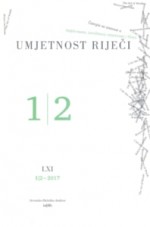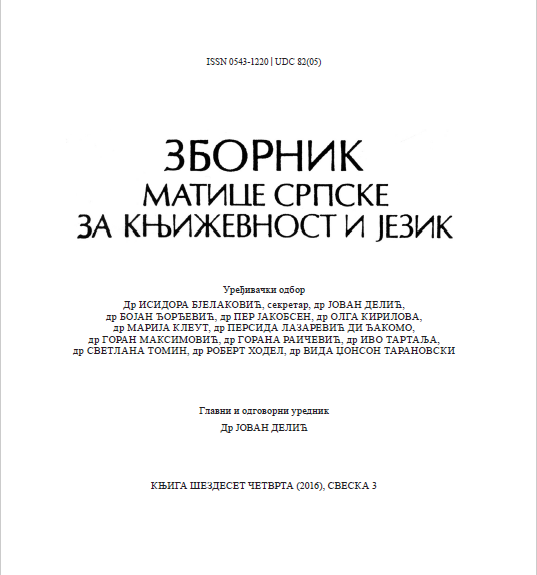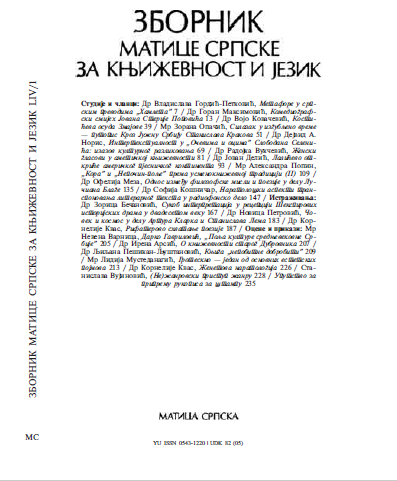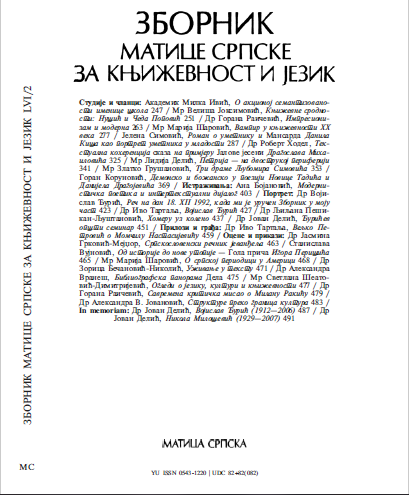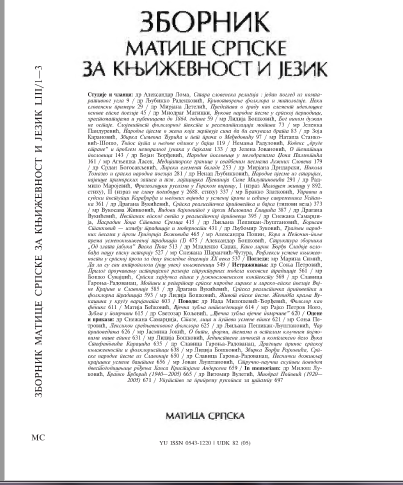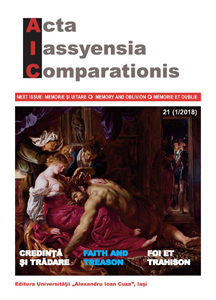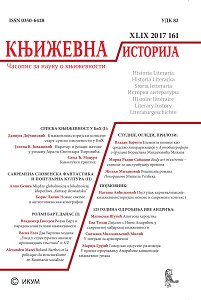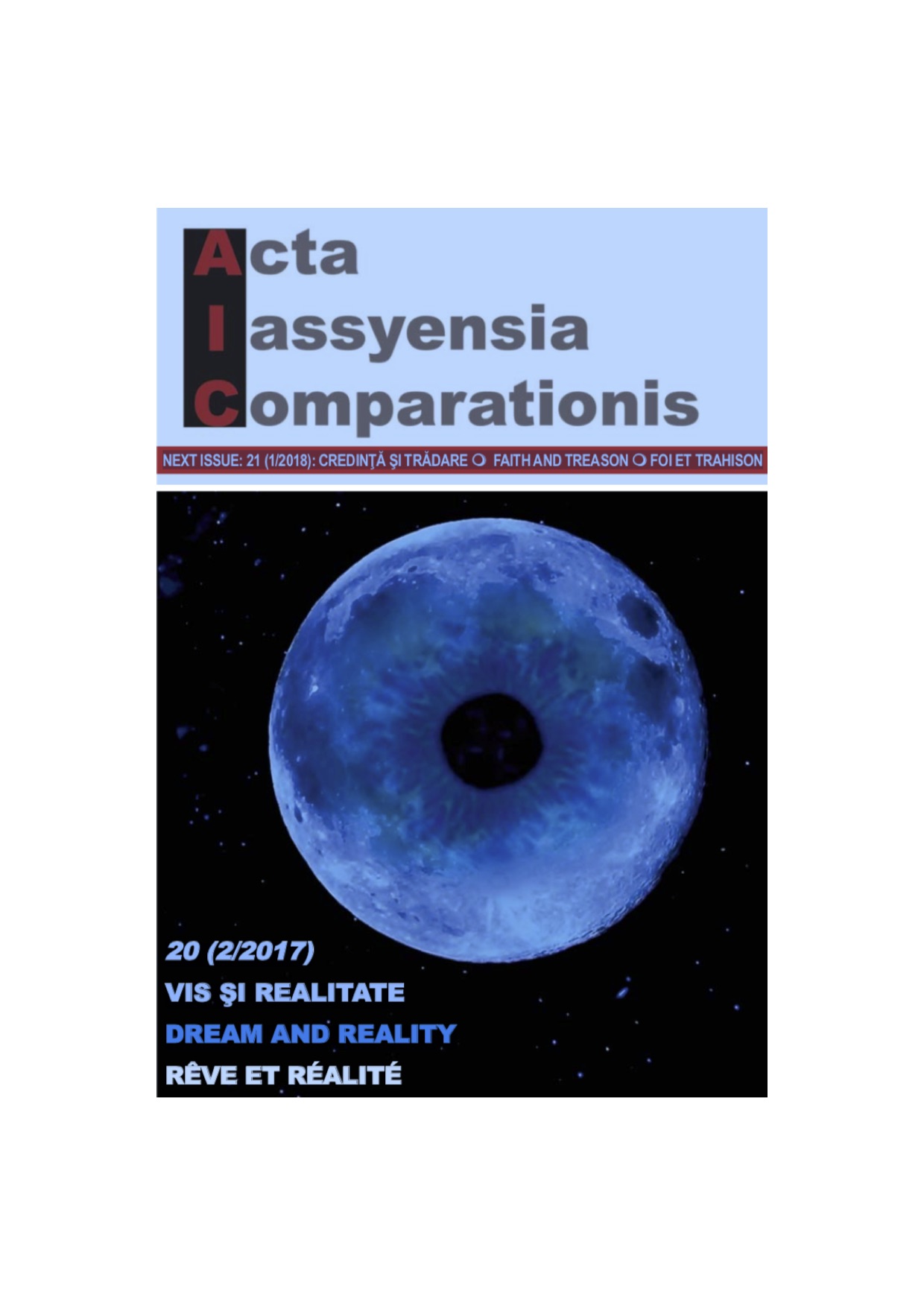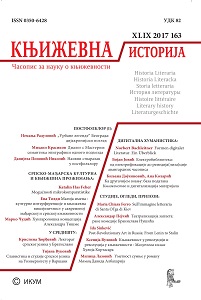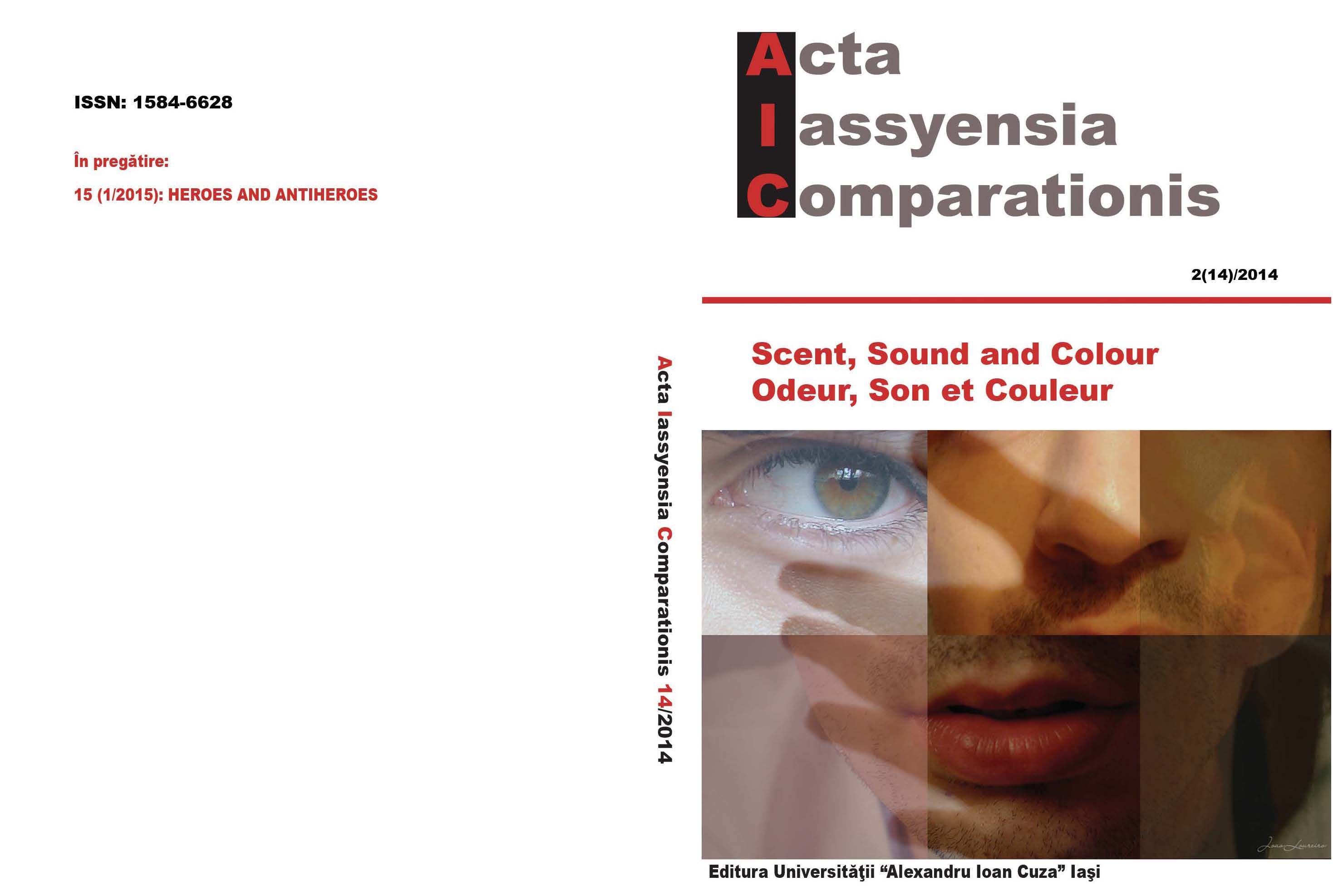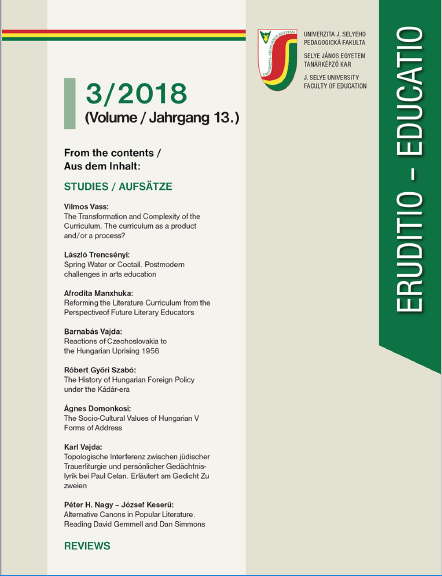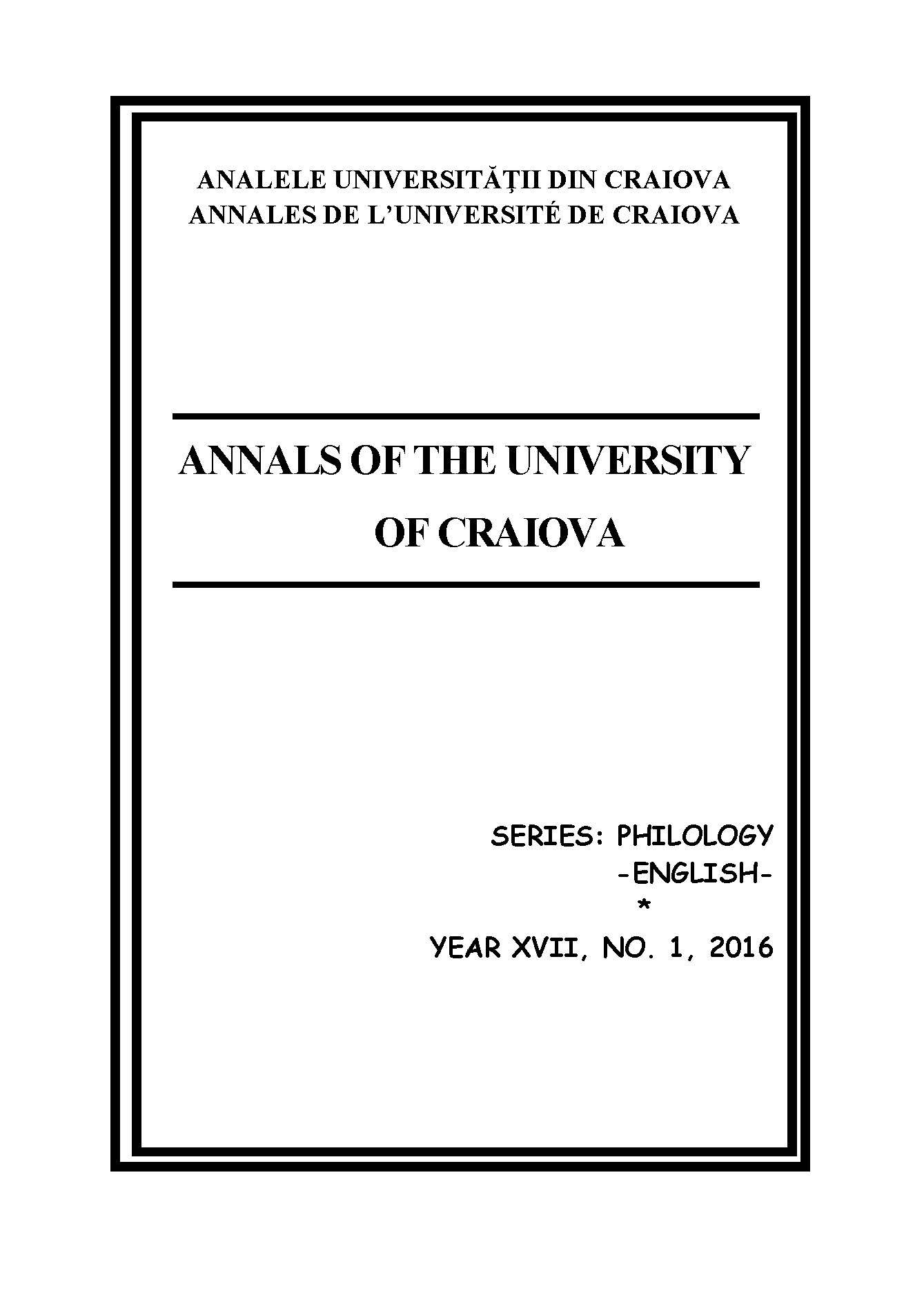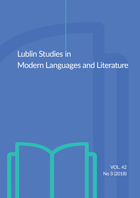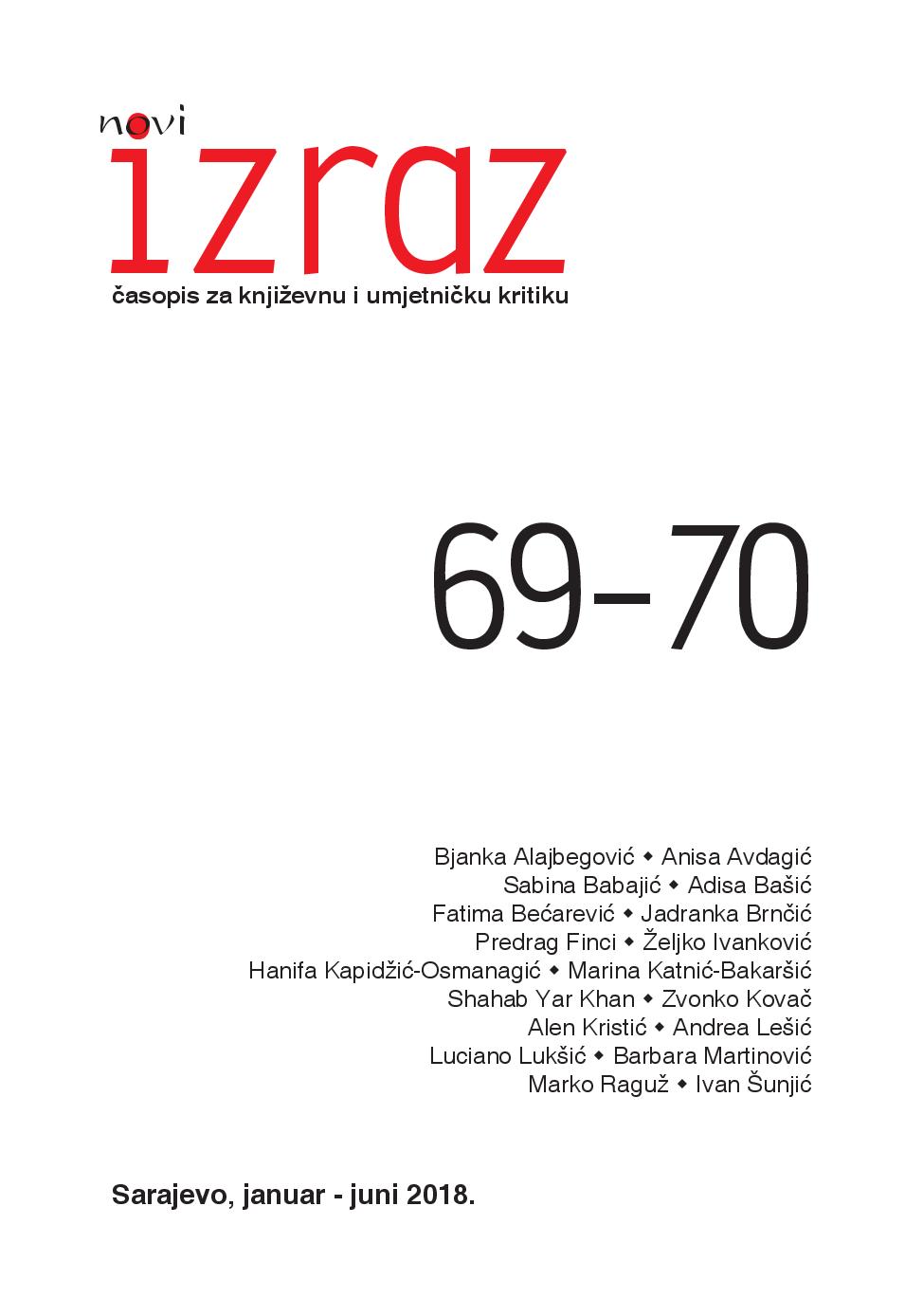
Poetičko iskustvo i William Shakespeare
Pjesnici ne stvaraju jezike, nego jezici stvaraju pjesnike. Potka svih jezika je nepismenost. Književnost je sjajna nepismenost. Govorimo o jeziku kao načinu kojim se ljudi izražavaju, a književnost je najviši stupanj ljudskog izražavanja. Kada je Mahabharata stvorena od fonda riječi kojim u prosjeku raspolaže dijete, stvorena je legenda i određeni jezik postao je primjer izražavanja za ostatak čovječanstva. Popularna poezija, zapravo isključivo popularna poezija nosi sjeme najbolje moguće poezije. To je jedini razlog zašto su u svakom jeziku na svijetu najduže opstale narodne pjesme i usmena književnost koja se prenosila s jedne generacije na drugu.
More...
